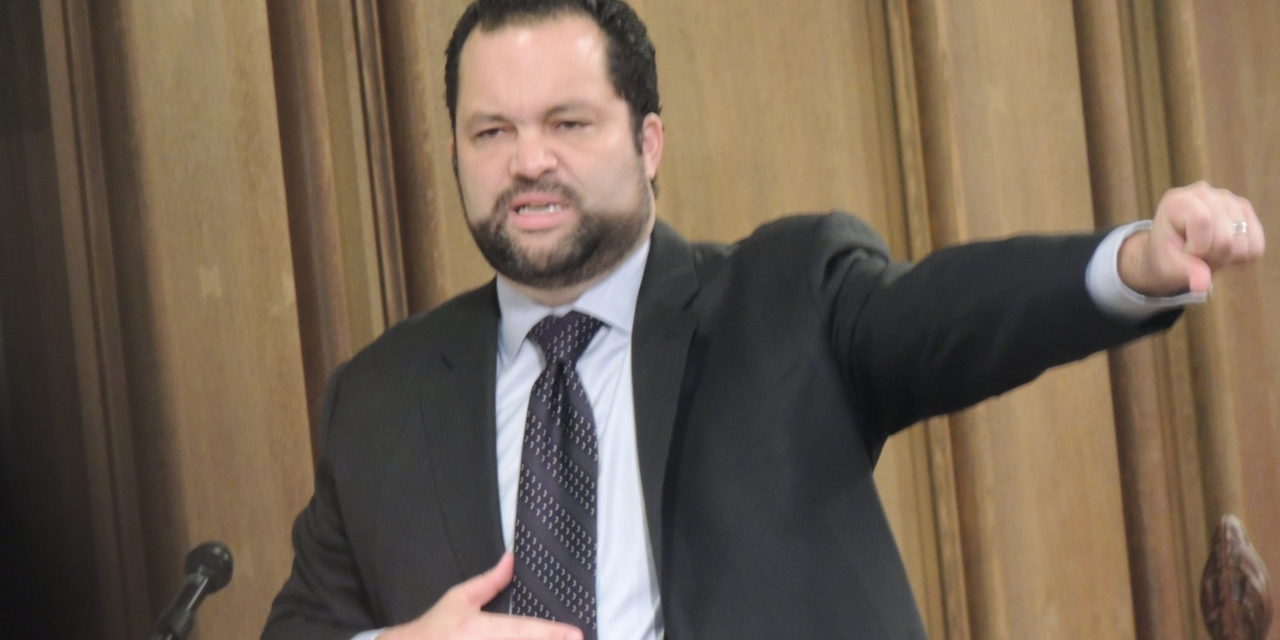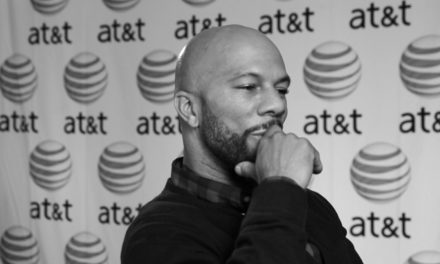Duke University continues its celebration of 50 years of Black Students with the NAACP’s Ben Jealous
Chris Hart-Williams | Staff Writer
Former NAACP president, Ben Jealous gave a speech at Duke Chapel Sunday that stirred listeners as he praised catalysts for change such as the Civil Rights Movement and its leaders, most notably Reverend Dr. Martin Luther King, Jr. for his role in making the desegregation of Duke University and schools alike possible.
Jealous was the keynote speaker at Duke’s annual King celebration service. The service also celebrated the 50th anniversary of King’s 1963 “I Have a Dream” speech and the first African-American students at Duke.It was three weeks after King’s renowned speech that Duke welcomed its first African-American undergraduate students.
“They must have had the speech ringing in their ears,” said Duke President, Dr. Richard Brodhead during his remarks at the celebration.
Duke opened its doors to five African-Americans in 1963, two whom were male and three females, all making history and forever changing the university.
The theme of the celebration was “50 Years: Backwards or forward?”and Jealous spoke much of the 1960s’ Civil Rights Movement and its leaders like King who were active in the movement for racial equality.
But even with strides gained, such as the desegregation of historically all white schools like Duke, according to Jealous, a need for change in the United States still exists. “We got what we asked for but we lost what we had,” said Jealous just before he ended his speech.
Jealous mostly directed his message to students and youth. He called for a new movement and a call to act, mobilize and rally for change like African-Americans in past generations. He said “There was a time when fighting and struggling was not an option.” Jealous urged everyone in attendance to take action especially in a state like N.C. where policies he considers “unjust” have been passed by the Republican-led legislature in recent months.
“Commit yourself to change the world before you die…don’t take more than a month,” said Jealous. “[N.C.] has put the struggle of justice on the map.”
Jealous said African-Americans are living in a nation where particular groups have “hijacked” state government and are “sending us backward.”
Marcus Benning, president of the Black Student Alliance at Duke University spoke similar words at the celebration. “Action is what we need now more than ever…just ask the N.C. legislator,” said Benning.
According to Benning while the nation has made progress by passing monumental legislation since the Civil Rights struggle, there still remains a lot more to be done moving forward. “We’ve moved forward during the past 50 years in terms of legislation, but the goals of landmark pieces of legislation like the Civil Rights Act and the Voting Rights Act – respect for culture and difference being one of those goals, have not been fully actualized,” said Benning.”
In 1963 Duke was one of the last major universities to welcome African-American undergraduates, after both N.C. State and UNC-Chapel had done so years before.
UNC-Chapel Hill was first when it enrolled three African-American students in 1955 and N.C. State followed a year later with enrolling four in 1956.
Though the last to desegregate, today Duke has the highest percentage of African-Americans compared to N.C. State and UNC-Chapel Hill, according to Forbes.com.
African-Americans make up 9.66 percent of Duke’s total student body population, 9.25 percent of UNC-Chapel Hill’s and just 6.8 percent at N.C. State.
Check out the gallery of photos from the rest of the Nubian’s MLK weekend!






